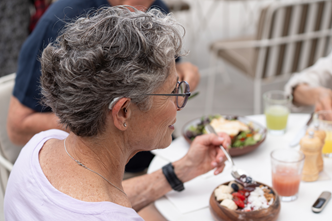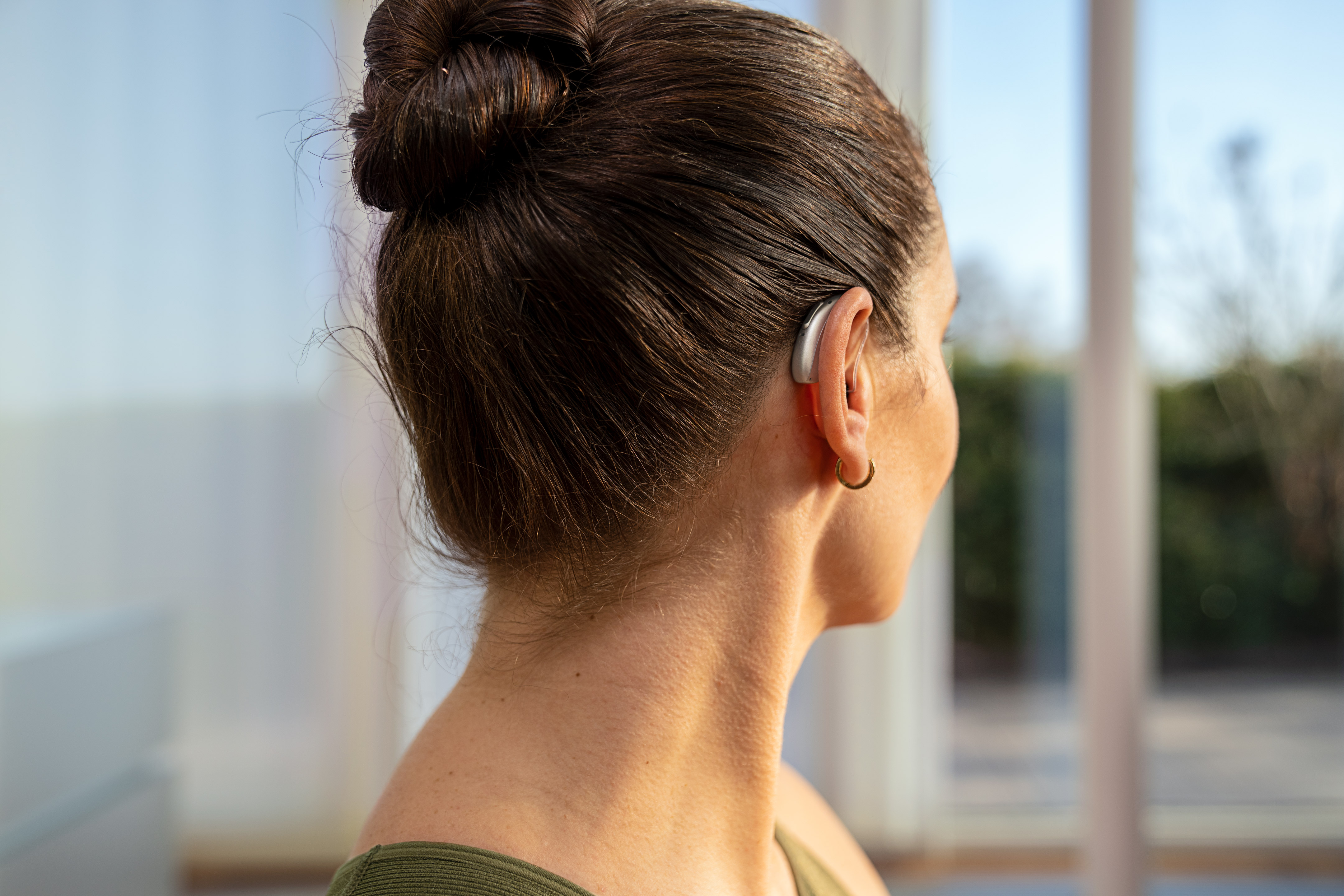
Exploring Alternative and Complementary Therapies for Hearing Loss and Tinnitus

Exploring Alternative and Complementary Therapies for Hearing Loss and Tinnitus
3 min.
Publication Date: 14 September 2023
Often tempted by stories of miraculous recovery, many people with hearing issues are drawn to alternative and complementary therapies.
Many of these treatments and practices have been in use for thousands of years, but medical evidence of their effectiveness is often lacking. Even so, for most individuals, there’s no harm in trying out a few complementary therapies alongside more conventional approaches.
1. Acupuncture
Originating from ancient China, acupuncture is a popular practice that’s now used by practitioners in countries all over the world.
The practice involves placing dozens of ultra-fine needles at specific points on the body. The aim is to balance qi, or the energy that flows through the body. Modern medical thought suggests that acupuncture may stimulate the central nervous system to alleviate symptoms.
While the exact science behind acupuncture for tinnitus remains a subject of research, many patients have claimed to find relief from many medical conditions through the treatment. As always, it’s essential to undergo treatments with trained professionals to ensure safety and efficacy.
2. Herbal Remedies
Nature offers intriguing possibilities for health, and certain plants and herbs are known to contain potent medicinal compounds.
Herbs like ginkgo biloba are sometimes touted for their potential to enhance circulation to the ear. Acai, Korean red ginseng, and other ingredients are also thought to provide relief to tinnitus sufferers.
However, as enticing as the promise of natural remedies sounds, it’s paramount to be cautious. Not every remedy suits everyone, and some could interact with existing medications or conditions.
3. Sound Therapy
Sound therapy is the art of using soothing sounds to bring relief. This therapy works on the principle that introducing certain sounds can help distract or counteract the persistent ringing or buzzing of tinnitus. Beyond just masking the noises, consistent exposure might help some individuals adjust better, providing prolonged periods of relief.
Sound therapy can be personalized, enabling individuals to find the exact resonance that comforts them.
4. Yoga
Yoga, an age-old practice, focuses on the unity of mind, body, and spirit. Specific poses and breathing techniques could enhance circulation, especially to the brain and auditory regions, which could indirectly benefit hearing.
Beyond the physical, yoga provides mental clarity. The relaxation and peace that individuals experience during yoga sessions could also diminish the stress and anxiety often linked to auditory problems.
5. Meditation and Mindfulness
By drawing attention inwards, meditation teaches individuals to acknowledge their sensations without becoming overwhelmed.
For those with tinnitus, this could mean learning to notice the ringing without letting it dominate their consciousness. Meditation for hearing loss focuses on ambient sounds to attune your hearing to smaller sounds in your daily life.
Mindfulness, on the other hand, trains the mind to stay present, which could offer temporary respites from tinnitus.
6. Diet and Supplements
The link between diet, supplements, and hearing health isn’t mere coincidence. Essential nutrients like omega-3 fatty acids and folic acid play crucial roles in maintaining the inner ear’s health.
Including supplements for hearing loss in your diet might enhance overall auditory health, offering both protection and potential enhancement to hearing abilities. Nonetheless, as with all dietary changes, it’s best to consult with a nutrition expert.
Explore Complementary Therapies With Care
While these alternative therapies may offer potential relief for some individuals, it’s crucial to remember that they may not be a fit for everyone. And more importantly, they shouldn’t replace expert consultation and diagnosis.
If you or someone you love is experiencing hearing difficulties or persistent tinnitus, it’s essential to get a professional hearing test. At our 130+ Connect Hearing clinics across Australia, we prioritise your auditory health, offering top-notch consultations and solutions.
And remember, while yoga and meditation might soothe the soul and acupuncture might alleviate symptoms, sometimes the most direct path to clear hearing is a well-fitted hearing aid.
Author
Connect Hearing
.png?branch=web_prod)
.png?branch=web_prod)

.png?branch=web_prod)